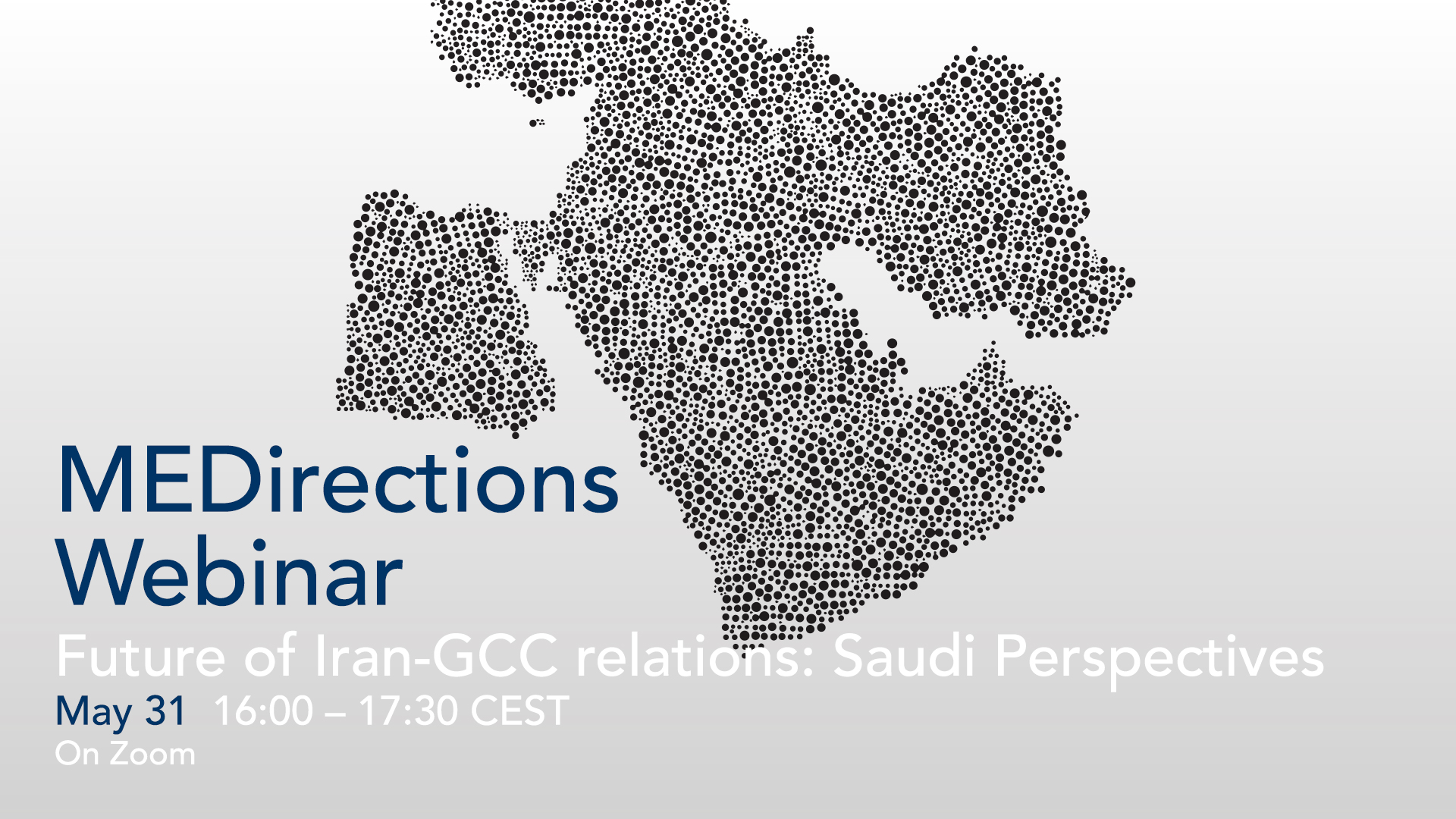
Iran is at the centre of the geopolitical turbulence in the Middle East. Since the Islamic revolution, Iranian regional policy has become one of the main drivers of the confrontation between the West and the Islamic Republic of Iran. Tehran’s use of proxies in the Middle East, especially Lebanese Hezbollah and Shiite militias in Iraq and Syria, is part of its pursuit of influence in the region and its attempt to define itself as an indispensable power. Iran suffers from military weaknesses due to its outdated air force and navy, which were built during the late Pahlavi period. What is perceived by Riyadh as the main Iranian threat is essentially Iran’s asymmetrical responses and the use of proxies to extend Tehran’s influence in the Arab world. In this context, what are the consequences for Iran-GCC relations of the implementation of a new Iran policy by the Biden administration? GCC-Iran relations are also developing in the context of the normalisation process (al Ula-GCC agreement) between Qatar and the GCC. This webinar will shed light on Arab Gulf states’ perspective(s) on what their relations with the Islamic Republic of Iran should be and the possibility of building a common regional security architecture between the two sides of the Gulf.
Speaker: Mohammed Alsulami, Head of Rasanah: International Institute for Iranian Studies
Mohammed Alsulami is an expert on Iranian affairs. He was awarded his PhD by Leiden University, where he explored notions of the ‘other’ in modern Iranian thought. He is also a scholar of contemporary Iranian-Arab political, cultural and social relationships. Alsulami is a professor of Iranian Studies at Saudi Arabia’s Umm Al-Qura University. He is also Head of Rasanah: International Institute for Iranian Studies and Editor in Chief of the centre’s Journal for Iranian Studies.
Chair: Luigi Narbone
Luigi Narbone is Director of the Middle East Directions Programme at the Robert Schuman Centre for Advanced Studies and also professor and coordinator of the Peace and Security cluster at the School of Transnational Governance, European University Institute.
Moderator: Clément Therme
Clément Therme collaborates with the Regional Security Initiative at the Middle East Directions Programme of the Robert Schuman Centre for Advanced Studies. He is also a Research Associate at the School for Advanced Studies in Social Sciences (EHESS) in Paris and a teaching fellow at the Paris School of International Affairs (PSIA) at Sciences Po Paris.



